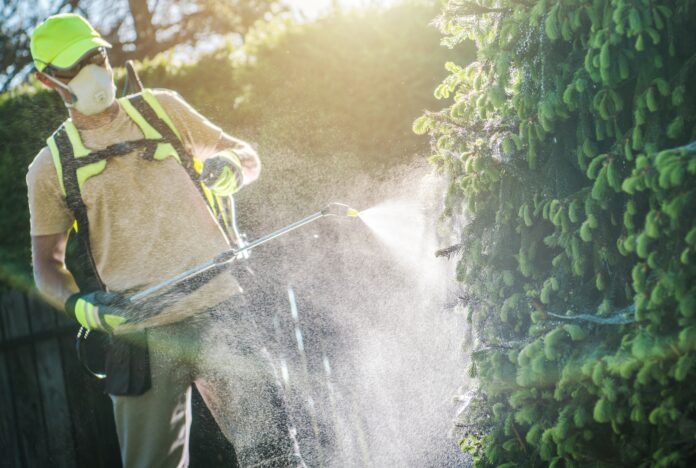Today, the Commission published the latest figures showing progress towards the Farm to Fork pesticide reduction targets.
Chemical pesticides cause soil, water and air pollution, as well as biodiversity loss, and have negative impact on human health and the environment. Under the Farm to Fork Strategy the Commission is committed to work towards reducing the overall use and risk of chemical pesticides by 50% by 2030.
To track the progress towards meeting these targets, the Commission each year publishes figures on the use and risk of chemical pesticides in the EU. For 2020, the figures show that chemical pesticides are less used overall, with a lower associated risk. The use and risk of chemical pesticides declined by 1% compared to 2019, and by 14% compared to the baseline period (2015-2017).
The figures also show that the more hazardous pesticides are used significantly less. They declined by 9% compared to 2019, and by 26% compared to the baseline period. This marks the second consecutive year with a meaningful reduction. At the same time, the EU keeps its global position of a prime exporter of food products.
While progress is steady and ongoing, its pace is still not fast enough. Member States need to do more to reduce the use and risk of chemical pesticides as called for by scientists and citizens. Data also shows that the uptake of low risk and biological alternatives to chemical pesticides is still very low.
The Commission is therefore updating rules and financing projects to help increase the availability of these alternatives. In addition, the Commission will adopt new rules on the sustainable use of pesticides shortly to help Member States achieve the targets set out in the Farm to Fork strategy and change course on pesticides and leave unsustainable practices behind.








